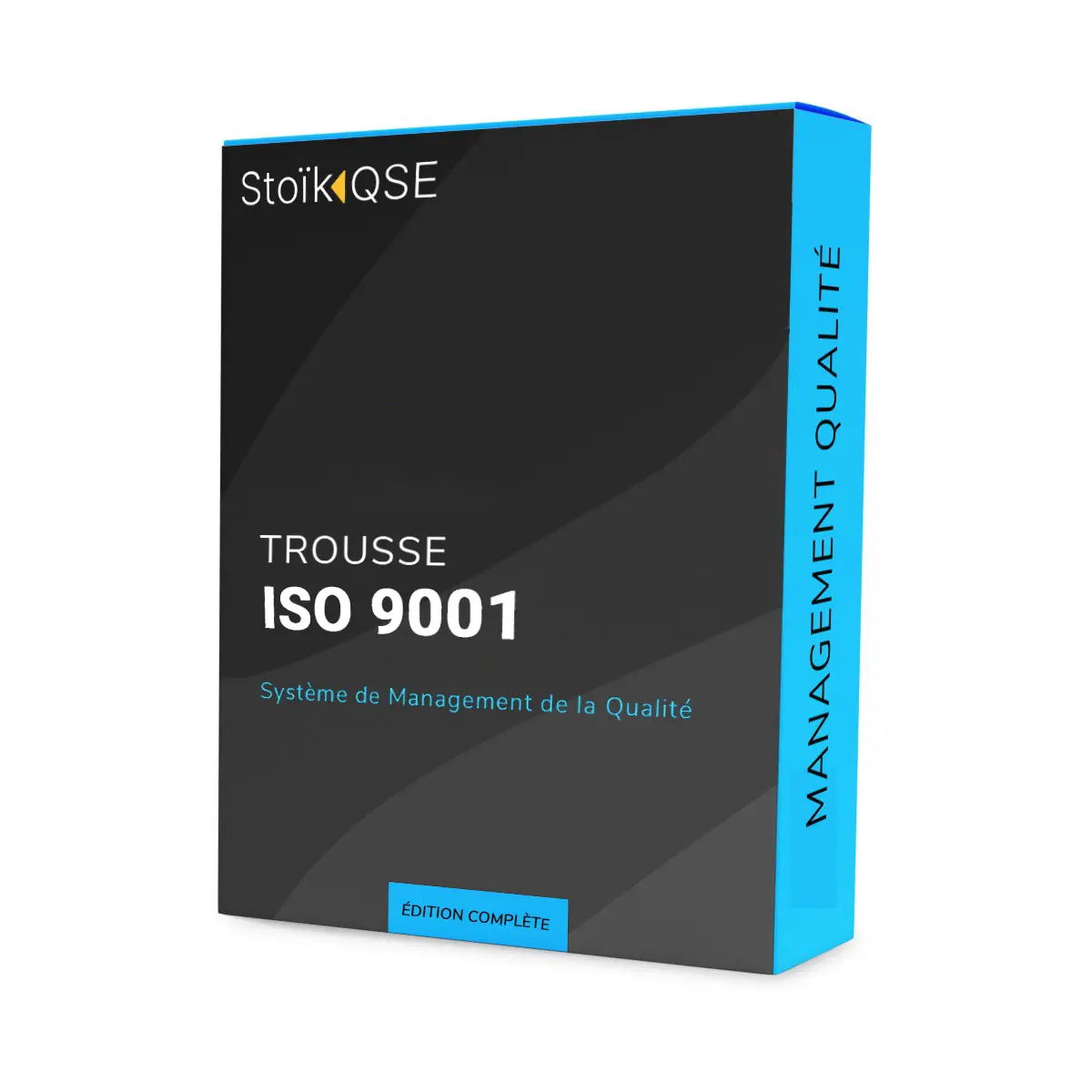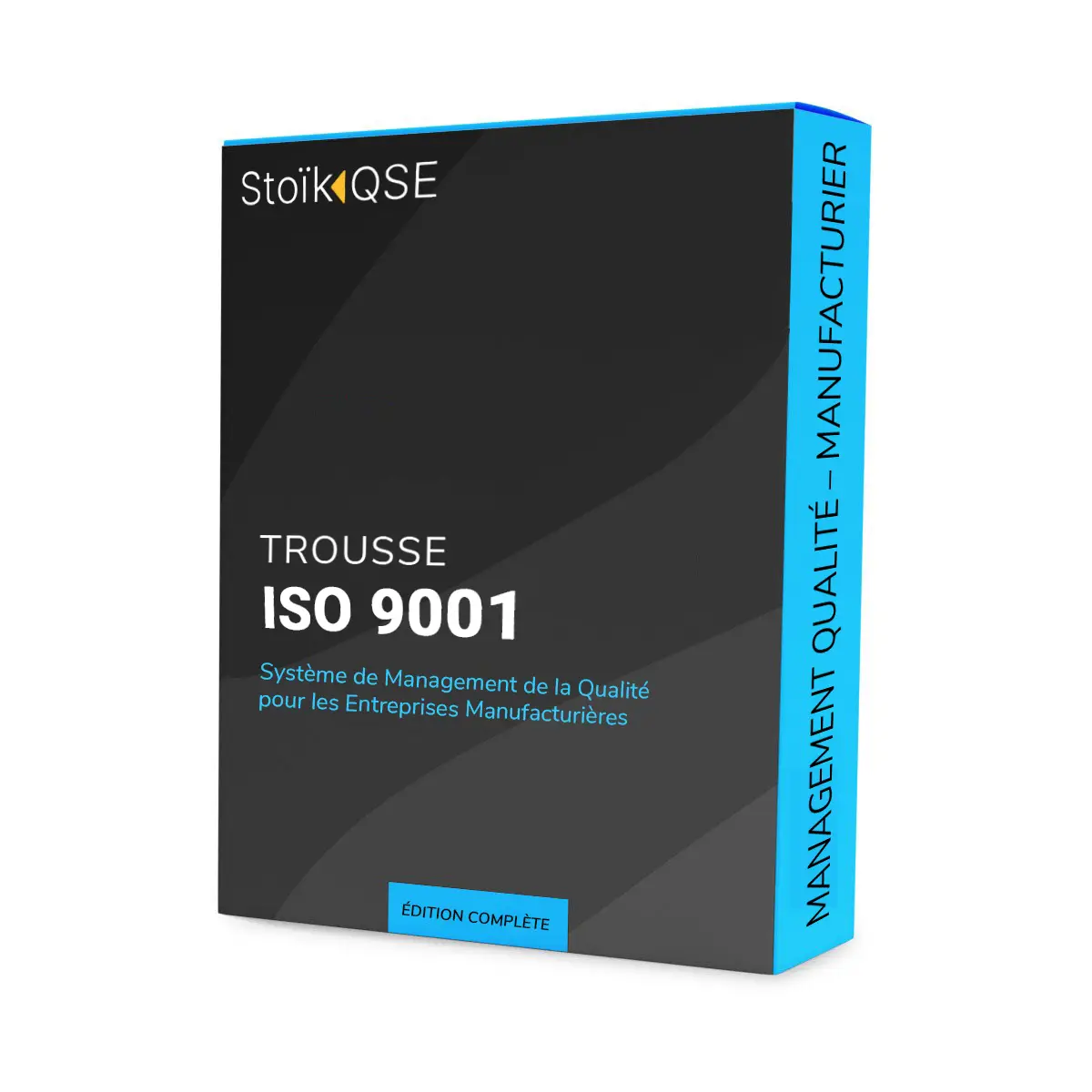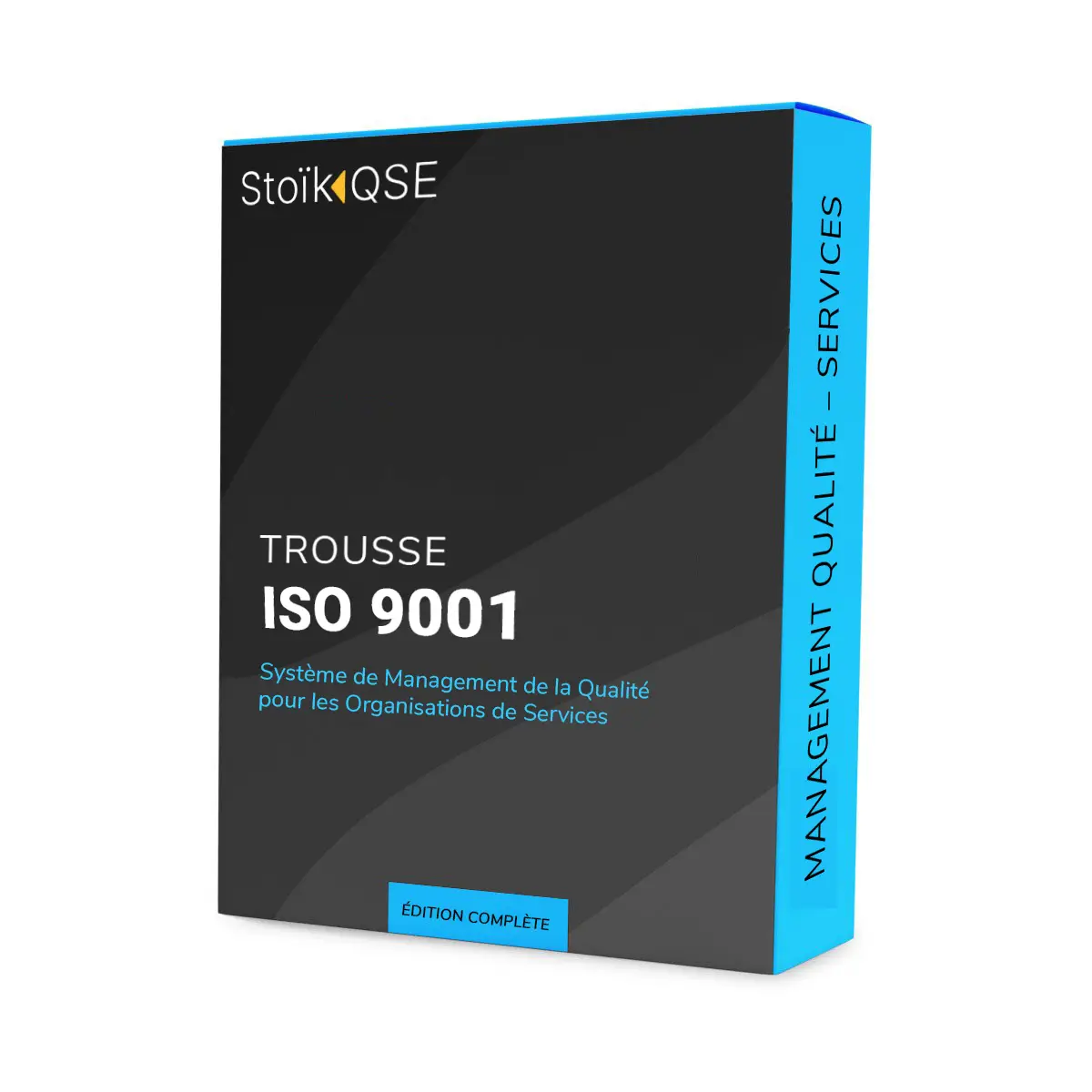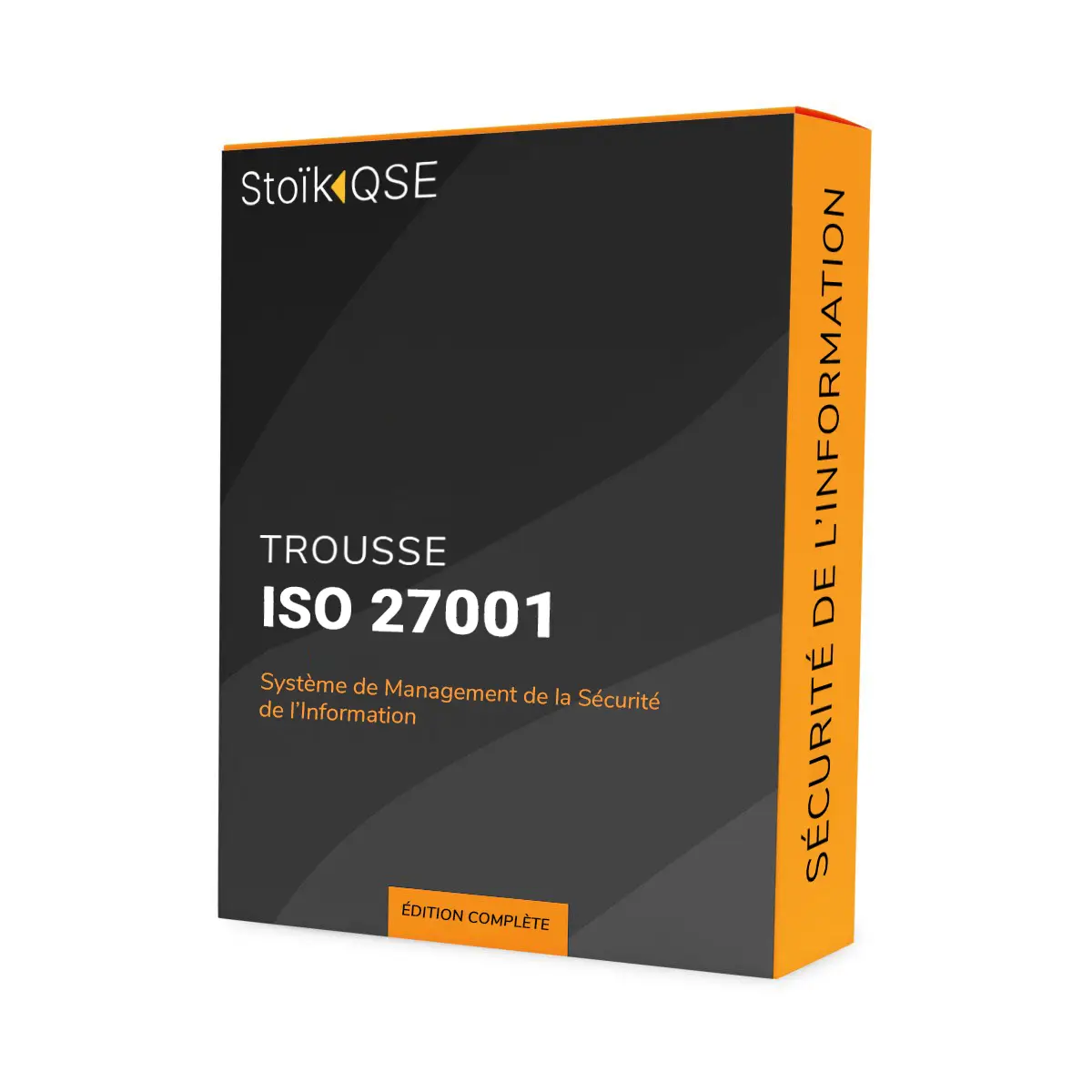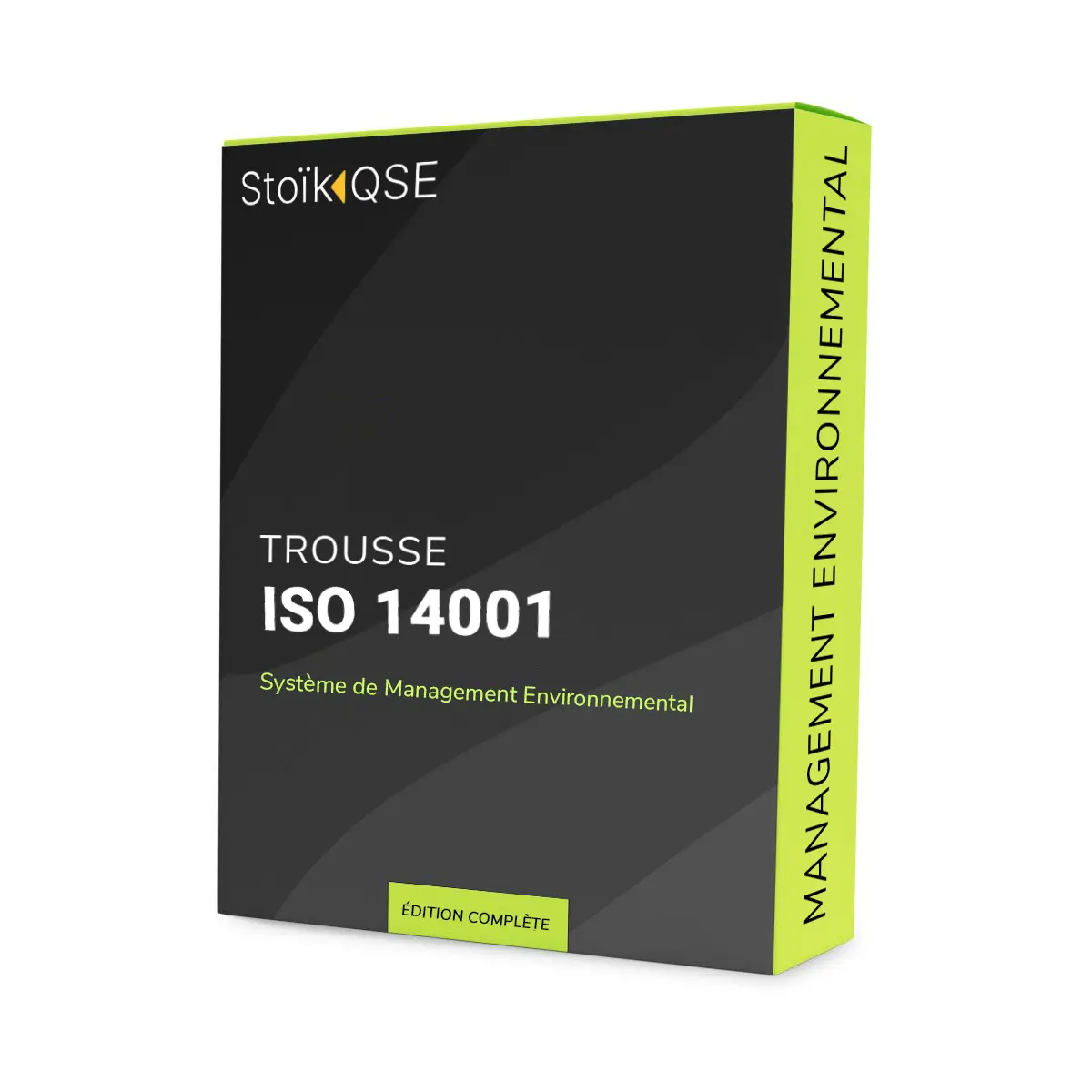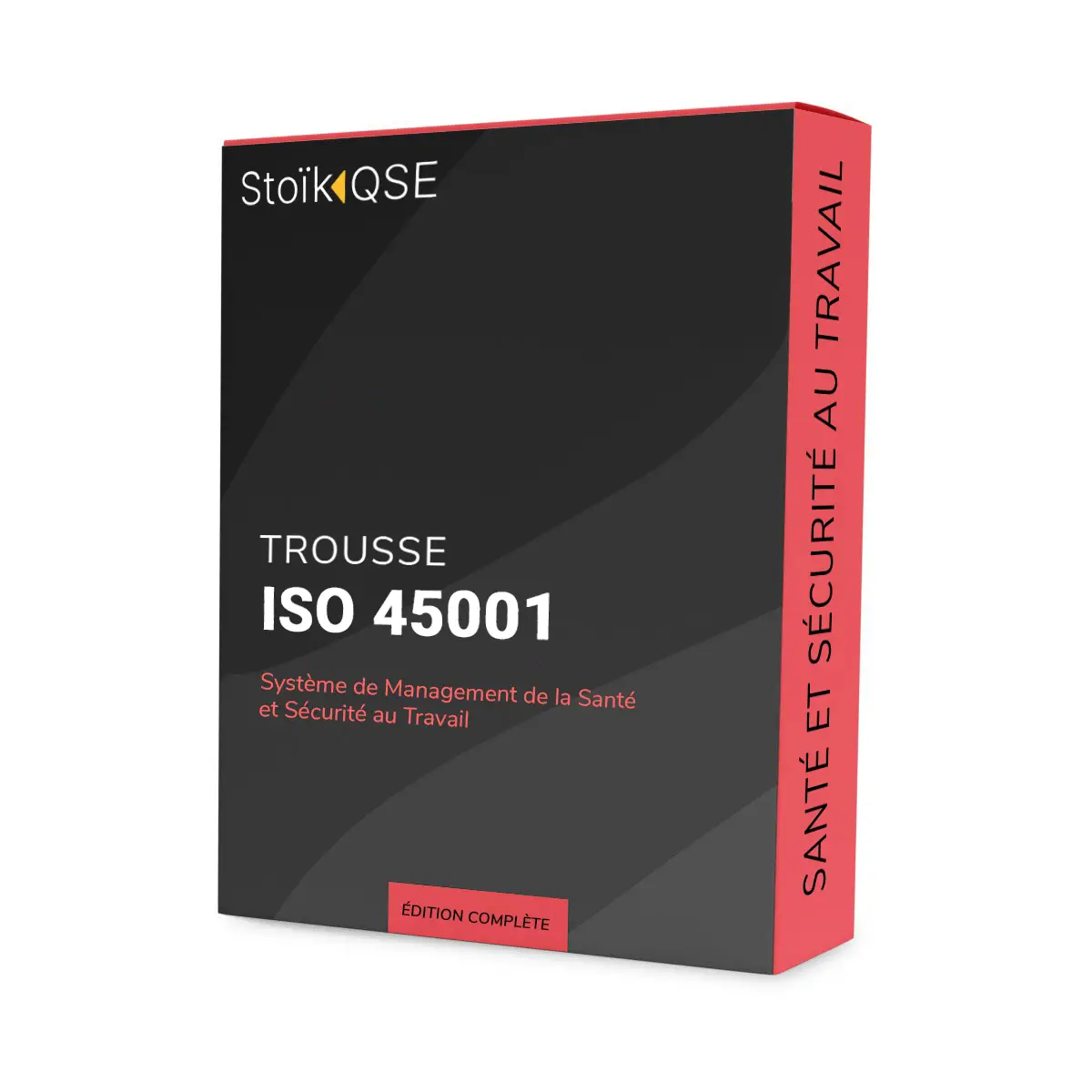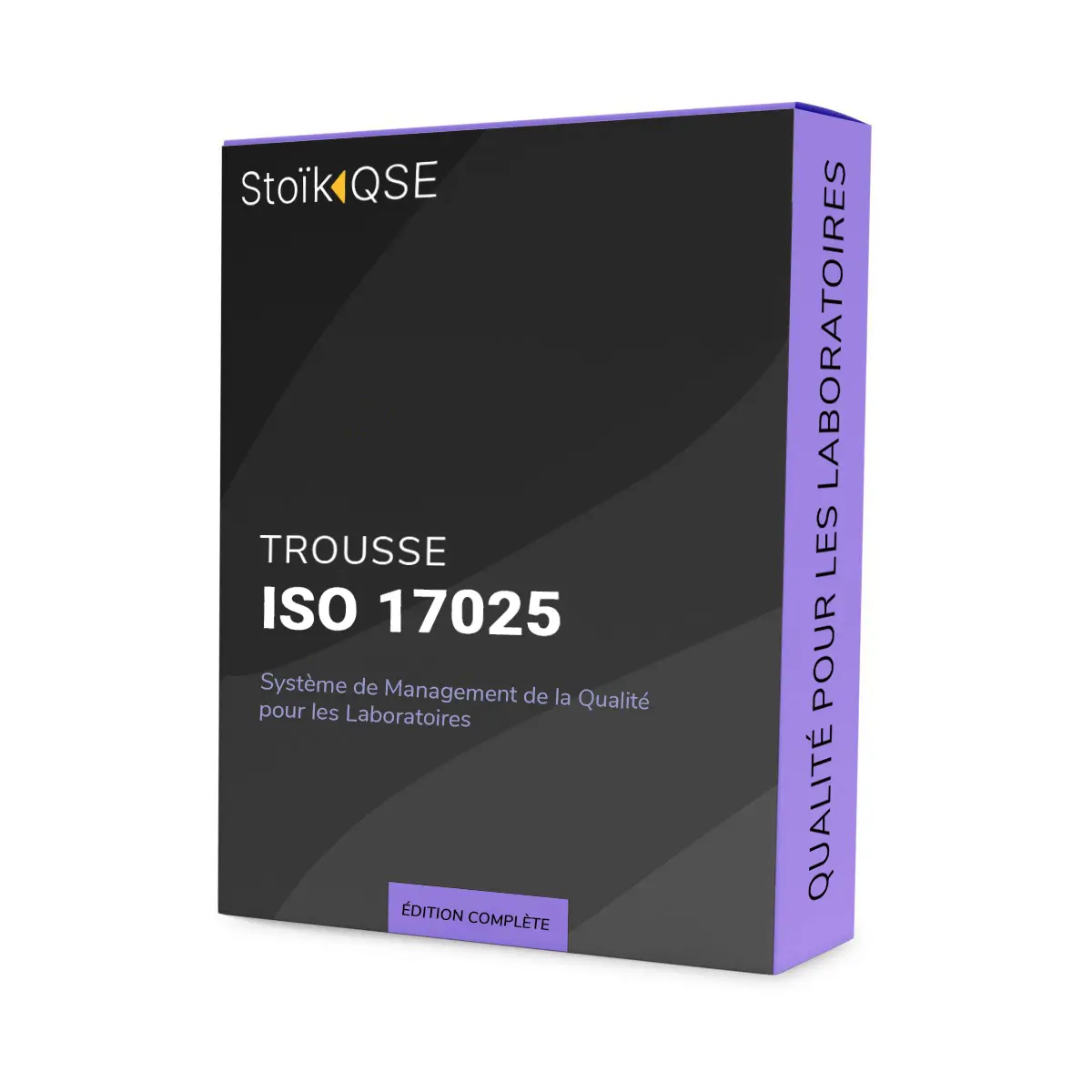What is ISO/IEC 17025?
A management system for testing and calibration laboratories

ISO/IEC 17025, often referred to simply as ISO 17025, is an international standard that defines the general requirements for the competence of testing and calibration laboratories. It ensures the reliability of results, improves the quality of services and enhances customer confidence.
The key principles of ISO 17025
Technical skills
Ensures that laboratories have the necessary skills to carry out accurate tests and calibrations.
Metrological traceability
Guarantees that measurement results are linked to internationally recognized standards.
Continuous improvement
Encourages constant optimization of processes and updating of technical skills.
10 key steps to implementation
1. Identify technical requirements
Understand the skills, equipment and methods needed to ensure reliable results.
2. Establish a quality policy
Define clear commitments to the quality and reliability of the services provided.
3. Choose a certification body
Select a qualified registrar and schedule certification audits.
4. Validate test methods
Ensure that all methods used meet the requirements of the standard and are validated.
5. Implement quality controls
Implement systems to monitor the accuracy and reproducibility of results.
6. Train staff
Ensure that employees are familiar with good laboratory practice and the requirements of the standard.
7. Carry out a risk analysis
Identify risks to the validity of results and establish preventive measures.
8. Monitor performance
Regularly evaluate key indicators to guarantee the quality of results.
9. Conduct an internal audit
Verify system compliance with ISO 17025 requirements prior to external audit.
10. Conduct a management review
Analyze management system performance and identify areas for continuous improvement.
How is a laboratory management system an asset?
Reliability of results
Guarantee accurate, reproducible test results thanks to rigorous processes.
International recognition
Enhance your credibility and access new markets with a globally recognized certification.
Process optimization
Reduce errors and improve overall laboratory efficiency.
Regulatory compliance
Make sure you meet legal requirements and customer expectations.
Continuous improvement
Adapt to technological developments and new market expectations.
Further information
Would you like to implement ISO/IEC 17025 in your laboratory? Find out how we can help:

